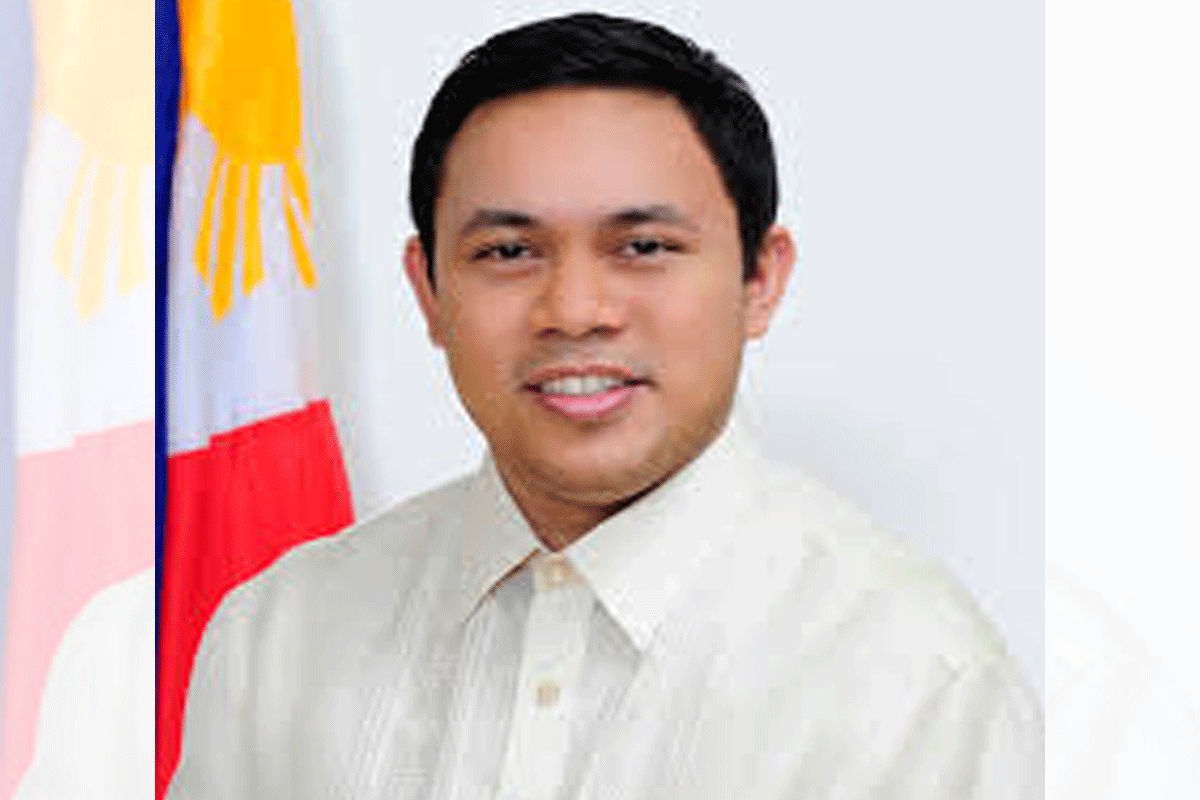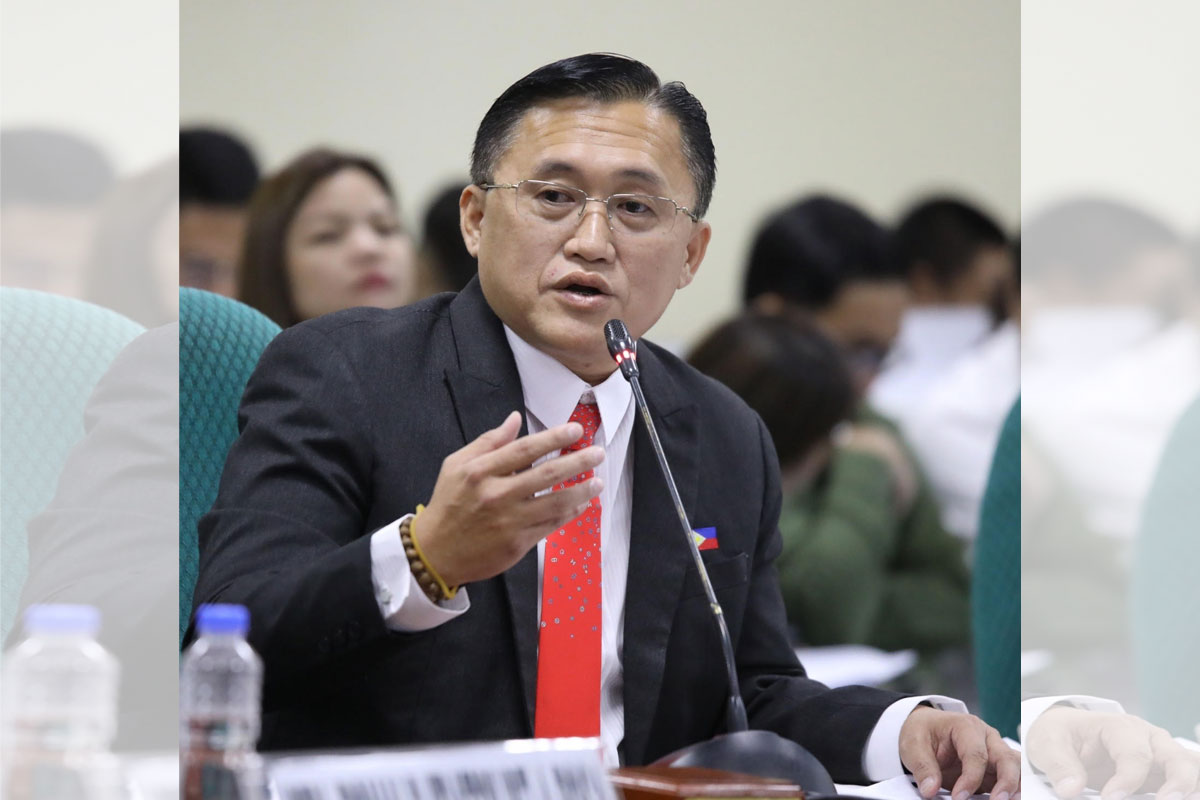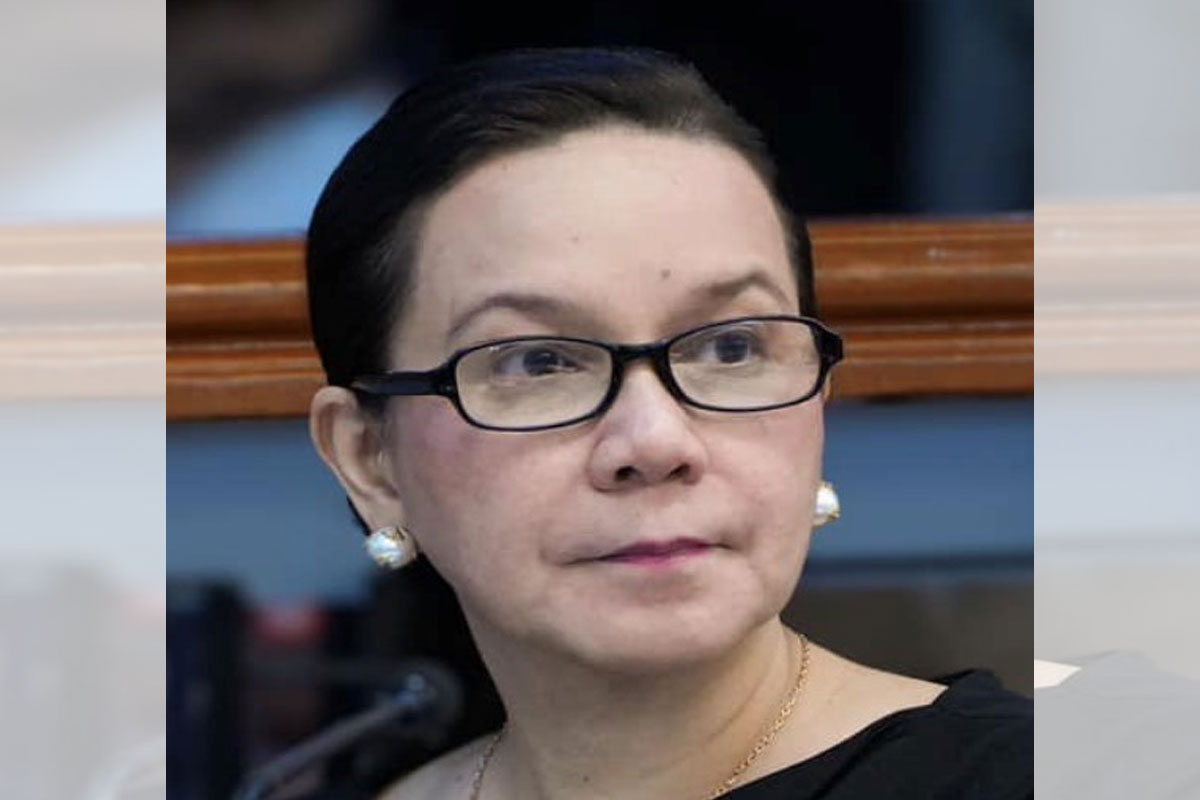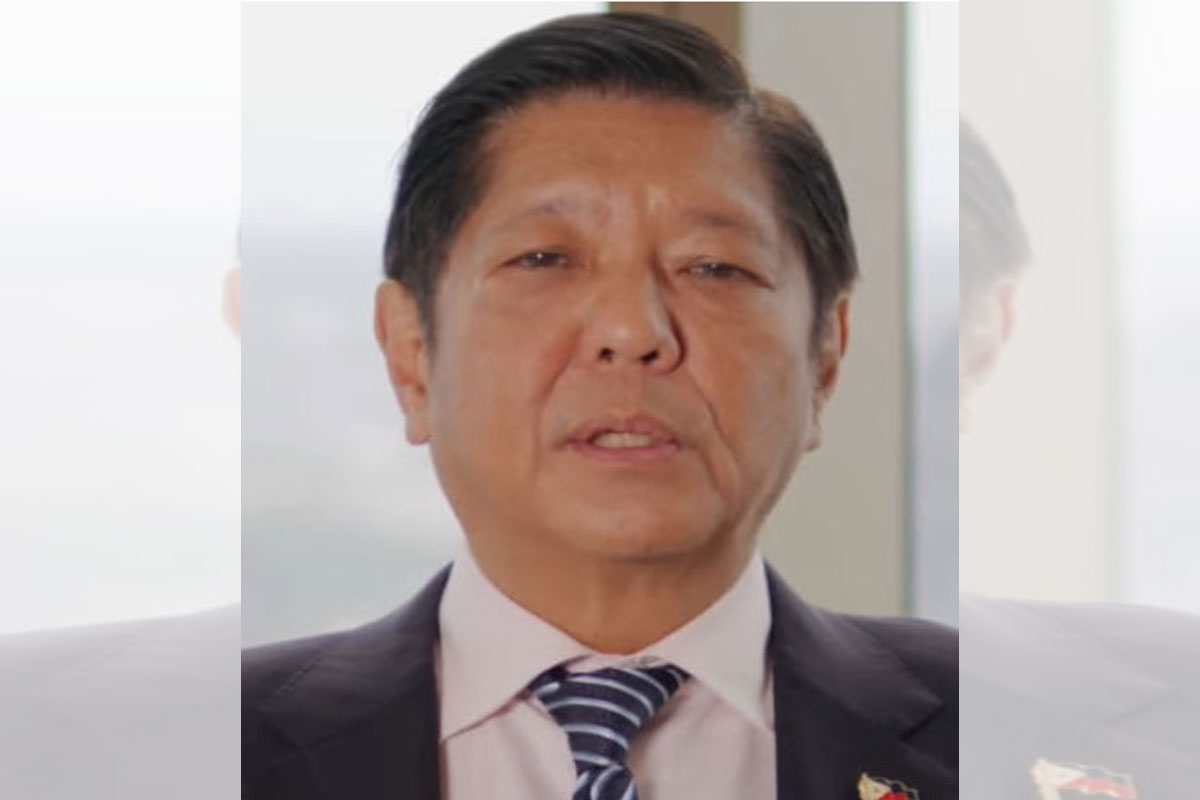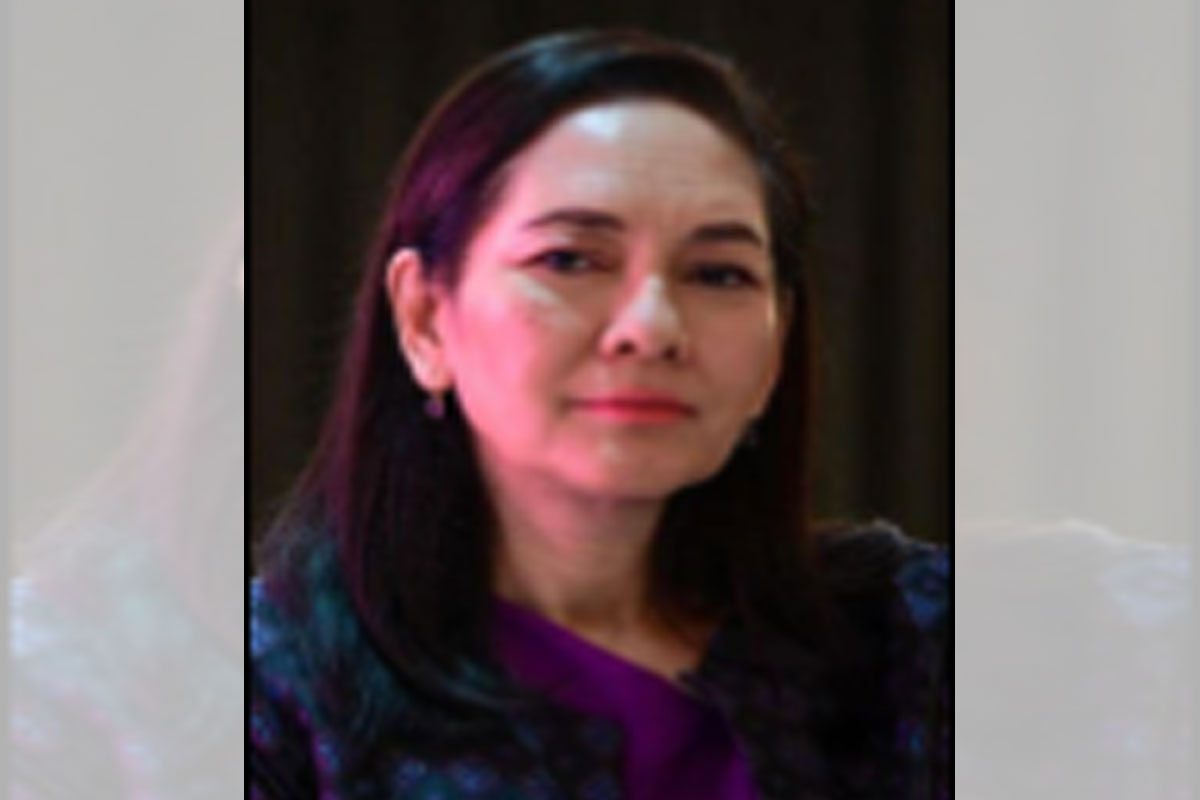
Focus on growth
THE Charter Change is more focused on amendments of some economic provisions aimed at encouraging investments that would further stimulate economic activities, create job opportunities, reduce poverty and lower prices of goods and services.
Speaker Ferdinand Martin Romualdez said House of Representatives members who are pushing for Constitutional amendments have reached a consensus to lift its overly-protective economic provisions that restrict the inflow of foreign capital.
He gave an indication of his colleagues’ inclination in his speech during the celebration of Constitution Day in Malacañang, with President Ferdinand “Bongbong” R. Marcos Jr. as guest of honor.
Romualdez, also president of Philippine Constitution Association (Philconsa), said the House Committee on Constitutional Amendments is currently conducting public hearings and consultations on proposed changes in the 36-year-old Constitution.
He added that aside from hearings in the House at the Batasan complex in Quezon City, the committee chaired by Cagayan de Oro City Rep. Rufus Rodriguez has scheduled public discussions and dialogues in other parts of Luzon, Visayas and Mindanao.
“The proponents of the lifting of the economic provisions in the Constitution agree on one thing, opening the economy wide for inflow of foreign capital is the key to address the aspirations and ideals of Filipinos in present times,” Romualdez said.
“Ang pangarap ng bawat pamilyang Pilipino sa ngayon: isang mapayapang komunidad na may trabaho, mataas na sahod, murang bilihin, at pag-asang umunlad pa sa buhay,” the Speaker stressed.
“That is why, when the President in his travels as the number one salesman of the country, we are often asked that after you have made so much progress and gains in opening up the Philippine economy, the last missing piece of the puzzle remains, how about your restrictive Constitution? That is why we in Congress are facing up to this question and to this issue that burns to our minds today and may actually open up the aspirations of the Filipino people for tomorrow,” he added.
He highlighted the need for foreign direct investments or FDIs by citing data and the experiences of other countries, culled from the reports of the Congressional Policy and Budget Research Department, which show how FDIs stimulate economic growth.
The House leader said based on UN data, FDIs account for the largest source of external financing in developing countries, greater than remittances, private debt and portfolio equity, or official development assistance.
“Higher FDI inflows can ease capital constraints and contribute to output and employment growth. Given the appropriate host-country policies and a basic level of development, a preponderance of studies shows that FDI triggers technology spillovers, assists human capital formation, contributes to international trade integration, helps create a more competitive business environment and enhances enterprise development,” he said.
“All of these contribute to higher economic growth, which is the most potent tool for alleviating poverty in developing countries,” he said.
Speaker Romualdez lamented that the country has not been receiving as much FDIs as its neighbors are getting.
In 2020, he said the Philippines ranked third-most restrictive out of the 84 countries in the Organization for Economic Cooperation and Development’s (OECD) foreign direct investment regulatory restrictiveness index (FDI Index).









